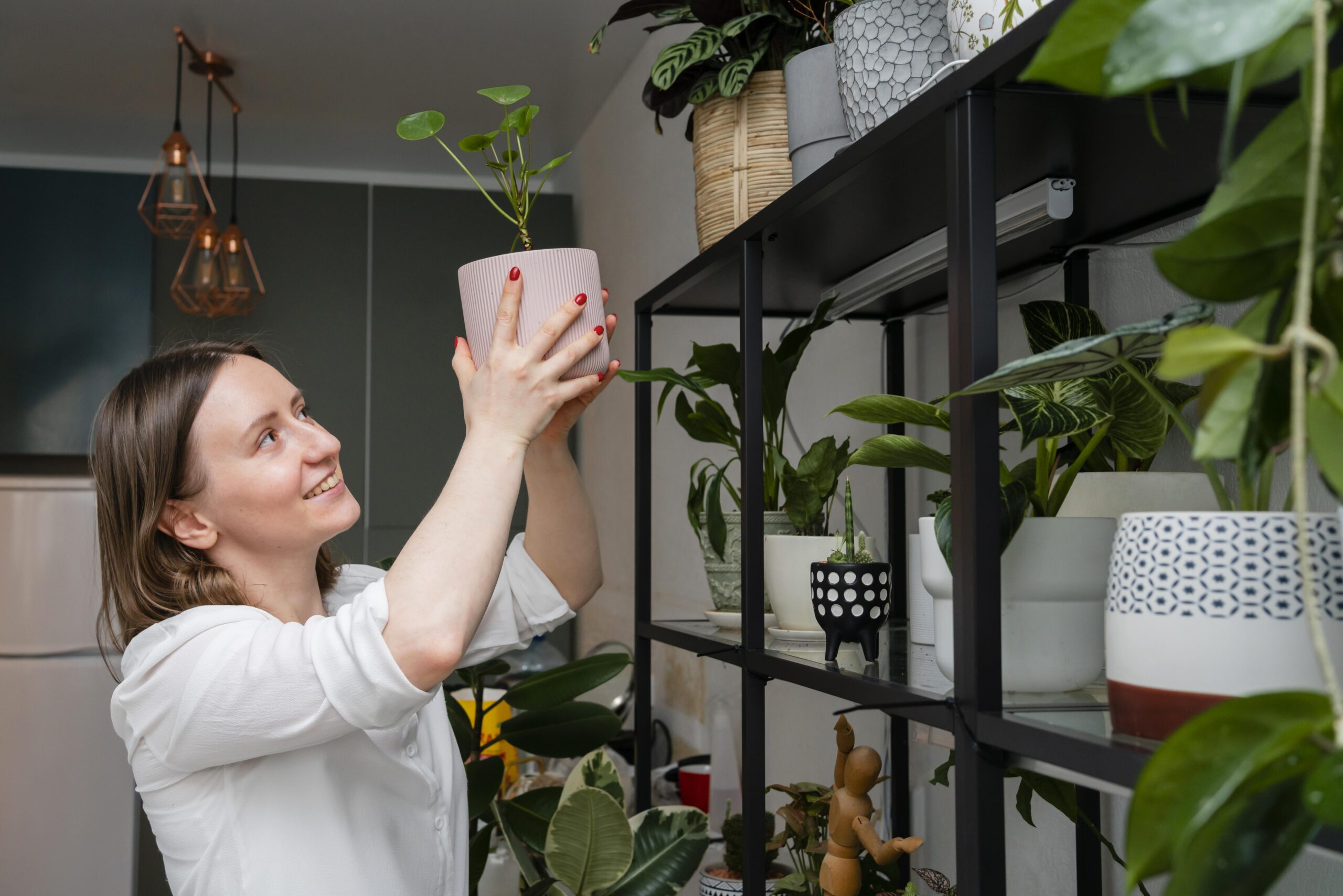How to Care for Plants During Colder Months

December 2024
Winter can be a challenging time for houseplants, but with a little extra care, you can help them thrive. Here’s a more detailed guide to keeping your plants happy and healthy during the colder months.
Adjust Watering Habits
In winter, most plants enter a period of slower growth, so they don’t need as much water as they do in warmer months. Overwatering can lead to soggy soil and root rot, which are common problems during this time. Check the soil moisture before watering by sticking your finger about an inch deep into the soil. If it feels dry, it’s time to water; if it still feels damp, wait a few more days. Use room-temperature water to avoid shocking the roots.
Provide Enough Light
Shorter days and weaker sunlight mean your plants may struggle to get the light they need. Place them near windows that receive bright, indirect light, ideally south- or west-facing. If natural light is limited, consider using a grow light to supplement their needs. LED grow lights are energy-efficient and mimic the spectrum of sunlight. To ensure even growth, rotate the pots every week so all sides of the plant receive equal light exposure.
Monitor Temperature and Humidity
Indoor heating can create dry air that is hard on plants, especially tropical ones. To maintain a plant-friendly environment, keep them away from drafts, radiators, and heating vents, as sudden temperature changes can cause stress. Aim for consistent temperatures between 65°F and 75°F, depending on the species. You can boost humidity by using a humidifier, grouping plants together, or placing a tray of water with pebbles beneath your pots.
Dust and Prune
Over time, dust can accumulate on leaves, blocking sunlight and hindering photosynthesis. Wipe leaves gently with a damp cloth to keep them clean and shiny. Winter is also a good time to prune your plants by removing dead or yellowing leaves. This helps your plant conserve energy and focus on healthy growth. For vining plants, trim back overgrown stems to maintain their shape.
Don’t Over-Fertilize
Plants naturally slow down their growth during the colder months, and their nutrient requirements decrease. Over-fertilizing can lead to a buildup of salts in the soil, which can harm your plants. Reduce feeding frequency to once every 6-8 weeks or stop entirely until spring when active growth resumes.
By following these tips, you can ensure your plants stay healthy and vibrant throughout the colder months. A little extra care goes a long way in helping them weather the winter season!
